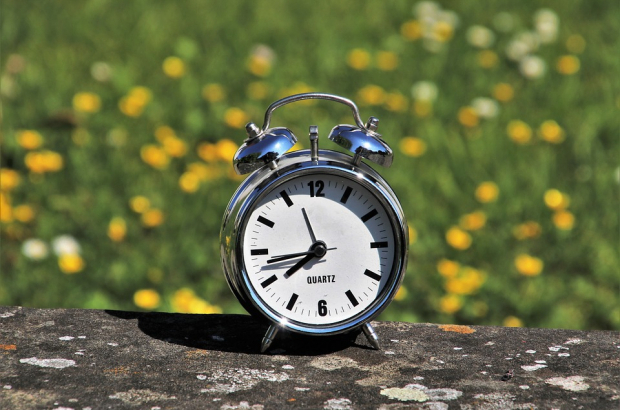- Daily & Weekly newsletters
- Buy & download The Bulletin
- Comment on our articles
Belgium could ask to postpone clock change decision
The clocks went back on Sunday - possibly for the last time - but Belgium is one of the European countries expressing doubt about whether next year's proposed scrapping of daylight saving time is too early.
The European Commission wants member states to decide by next March whether to apply winter or summer time all year round, after a large online consultation in which 4.6 million people throughout Europe responded.
On Friday, the Flemish government called for the decision to be postponed by a year, saying more time is needed to reach a consensus with the rest of the Benelux, Germany and France.
"We have asked people from a broad range of sectors in Flanders, and no clear preference has emerged," said Flemish minister-president Geert Bourgeois.
Prime minister Charles Michael said the Belgian federal government had not made any decisions yet. He said Austria and the Netherlands were keen to see the decision postponed.
The issue will be raised on Monday in Graz, Austria, at an informal meeting of EU transport and environment ministers.
European Commissioner Violeta Bulc wants the hour change on 31 March next year to be Europe's last. If some countries opt to keep winter time, their clocks would change back on 27 October 2019 for the last time.
Some 50,000 Belgians took part in the Europe-wide consultation, and most were in favour of keeping summer time (UTC+2), whereas in the Netherlands most respondents favoured winter time (UTC+1).
Benny Mwenge, a sleep specialist at Saint-Luc university hospital in Brussels said adopting winter time all year round would be the best for our biological clock.
Cognitive performance among school pupils would be improved by having earlier light in the morning, he said. Older people, who tend to wake up earlier, would also benefit.
Christina Schmidt, a sleep researcher at the University of Liège, agrees: "Morning light is the most effective at synchronising our body clock."
If winter time is adopted, in late June it will be light in Belgium from 4.30 in the morning and will get dark at about 21.00, instead of 22.00. If summer time is chosen instead, expect late sunrises in winter - around 9.45 on New Year's Day.














